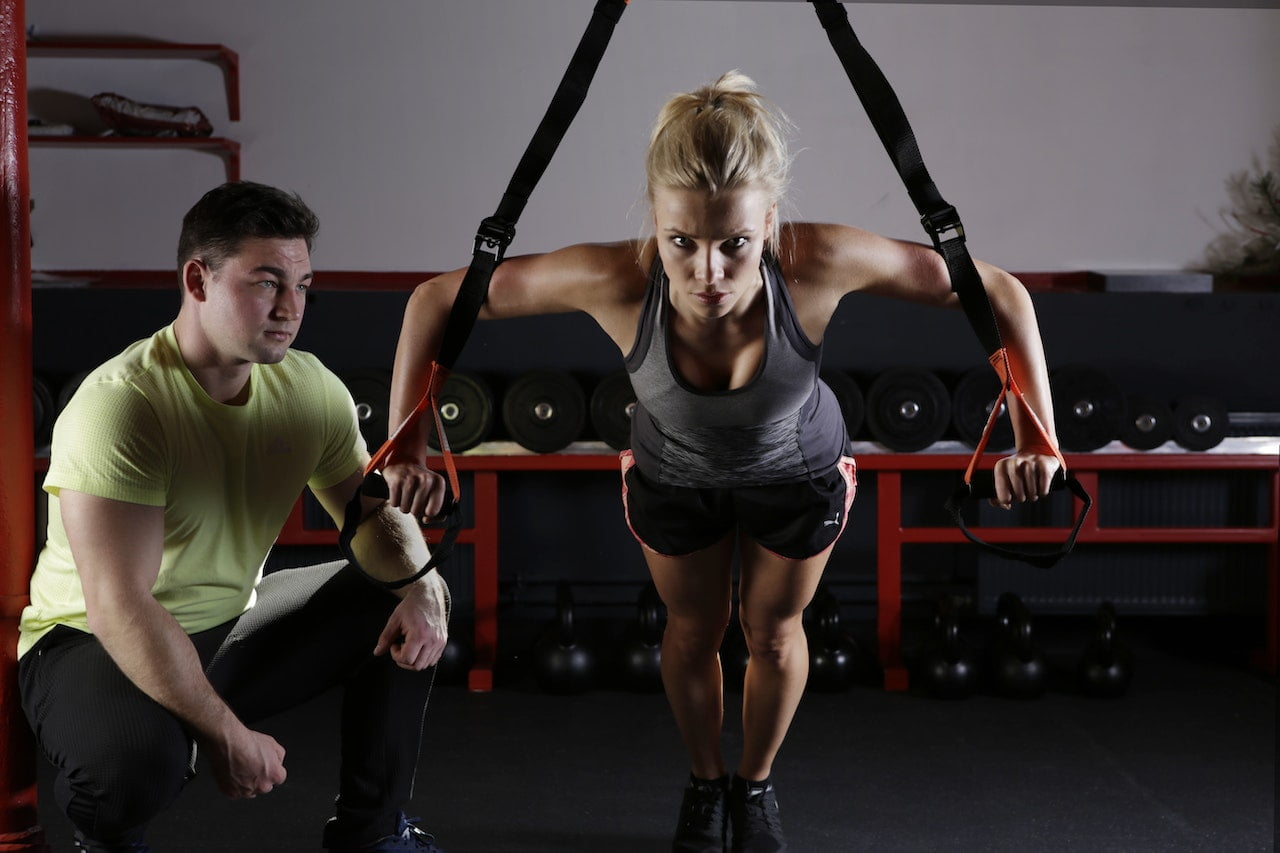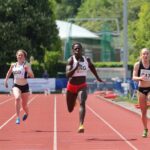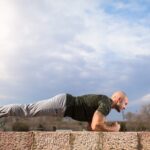
Iron is an essential mineral required by the body for various vital functions, including the production of hemoglobin, a protein responsible for transporting oxygen to different tissues and organs. For athletes, maintaining adequate iron levels is crucial for optimizing performance and overall health.
While there is a common misconception that iron deficiency is more prevalent among vegans, with careful dietary planning, vegan athletes can easily meet their iron requirements.

This post explores the importance of iron for athletes following a vegan diet and provides valuable insights into plant-based sources of iron.
The Significance of Iron for Athletes
Iron plays a pivotal role in an athlete’s performance and overall well-being. It is involved in the production of red blood cells, which are responsible for carrying oxygen to the muscles during exercise.
Insufficient iron levels can lead to reduced oxygen transport, resulting in fatigue, decreased endurance, and compromised athletic performance. Iron is also involved in energy metabolism and immune function, both of which are crucial for athletes.
Iron Absorption in Plant-Based Diets
Plant-based sources of iron are categorized into two types: heme iron and non-heme iron. Heme iron is primarily found in animal-derived foods and is more readily absorbed by the body. Non-heme iron, found in plant-based foods, is not as easily absorbed, but this can be compensated for by consuming vitamin C-rich foods, which enhances iron absorption.
Vegan athletes can effectively meet their iron needs by consuming a varied and balanced diet while ensuring they include ample sources of non-heme iron and vitamin C.
Plant-Based Sources of Iron for Vegan Athletes
Here are some great sources of plant-based iron:
Legumes and Pulses
Legumes such as lentils, chickpeas, and beans are excellent sources of iron. They are also rich in protein and fiber, making them a valuable addition to a vegan athlete’s diet.
Including legumes in meals like salads, soups, and stews can provide a significant amount of iron.
Whole Grains
Whole grains like quinoa, oats, and brown rice not only provide carbohydrates for energy but also contain iron. These grains can be used as the base for meals or incorporated into dishes like stir-fries or grain bowls to boost iron intake.
Dark Leafy Greens
Vegetables like spinach, kale, and Swiss chard are packed with iron, along with other essential nutrients. Including these greens in salads, smoothies, or sautéed dishes can help meet iron requirements.
Nuts and Seeds
Nuts and seeds, such as almonds, cashews, pumpkin seeds, and sesame seeds, are excellent sources of iron for vegan athletes. They can be enjoyed as snacks, added to meals, or used as toppings for salads and porridges.
Fortified Foods
Fortified foods like breakfast cereals, plant-based milks, and meat substitutes are often enriched with iron and other nutrients. Including these foods in a balanced diet can be an easy way for vegan athletes to meet their iron needs.
Enhancing Iron Absorption
To maximize iron absorption from plant-based sources, it is important to consume foods rich in vitamin C alongside iron-rich foods. Citrus fruits, berries, bell peppers, and tomatoes are excellent sources of vitamin C and can be included in meals or consumed as snacks.
Additionally, avoiding the consumption of tea or coffee with meals, as they contain compounds that inhibit iron absorption, can help optimize iron uptake.
Supplementation Considerations
While a well-planned vegan diet can provide adequate iron for athletes, some individuals may still find it challenging to meet their requirements. In such cases, supplementation under the guidance of a healthcare professional may be necessary. It is important to undergo regular blood tests to monitor iron levels and consult with a healthcare provider to determine the appropriate dosage and type of iron supplement.
Moreover, it is worth noting that certain factors can affect iron absorption and utilization in the body. For example, athletes with gastrointestinal disorders or conditions like celiac disease may have impaired iron absorption. In such cases, it is crucial to work closely with a healthcare professional or registered dietitian who can provide personalized guidance and support.
Meal Planning Tips for Vegan Athletes
To ensure optimal iron intake, vegan athletes can follow these practical meal-planning tips:
Include iron-rich foods in every meal: Incorporate a variety of iron-rich plant-based foods in your meals, such as legumes, whole grains, dark leafy greens, and nuts/seeds. This will provide a steady supply of iron throughout the day.
Pair iron-rich foods with vitamin C sources: Combine foods high in iron with those rich in vitamin C to enhance iron absorption. For example, squeeze lemon juice over cooked spinach or add berries to a bowl of iron-fortified cereal.
Optimize meal timing: Consuming iron-rich meals or snacks before or after intense training sessions can help replenish iron stores and support recovery.
Consider iron cookware: Cooking in iron pots or pans can increase the iron content of your meals, especially when cooking acidic foods like tomatoes or curries.
Educate yourself on food labels: Pay attention to food labels, particularly when it comes to fortified foods. Look for products that are specifically enriched with iron to supplement your diet effectively.
Final Thoughts
Iron is a vital nutrient for vegan athletes, as it plays a significant role in optimizing performance, endurance, and overall health. While plant-based sources of iron may not be as readily absorbed as animal-based sources, with proper dietary planning, vegan athletes can easily meet their iron requirements.
By incorporating a variety of iron-rich plant foods, pairing them with vitamin C sources, and considering supplementation when necessary, vegan athletes can maintain optimal iron levels and support their athletic endeavors.
Remember to consult with a healthcare professional or registered dietitian to tailor your iron intake to your specific needs and monitor your iron status regularly. With the right approach, vegan athletes can thrive and excel in their athletic pursuits while ensuring they meet their iron needs.
Lance has been passionate about the plant-based diet and we have been following a whole food plant-based diet for over 5 years. We focus on health, natural healing, weight management, animal rights, and the health of the planet and environment by focusing on whole plant-based foods and sustainable practices.
Learn more at the About Me page and follow on social media at the links below.




